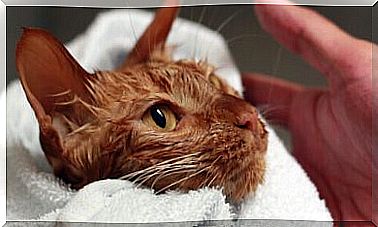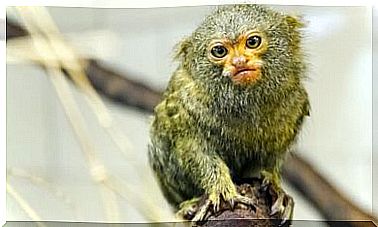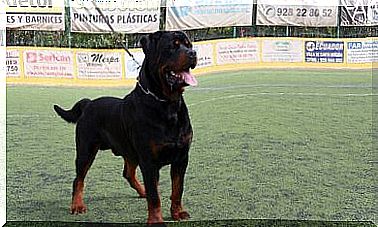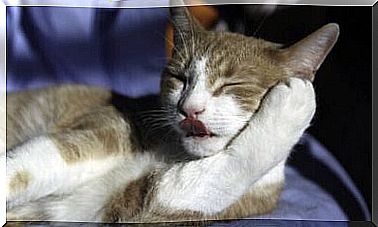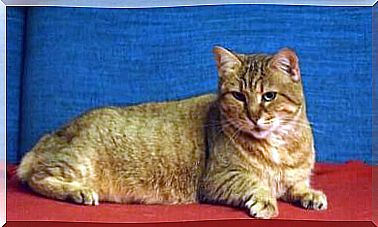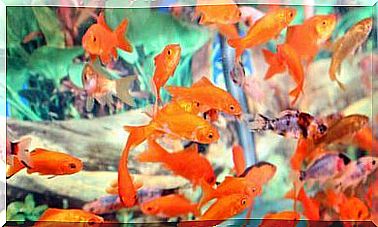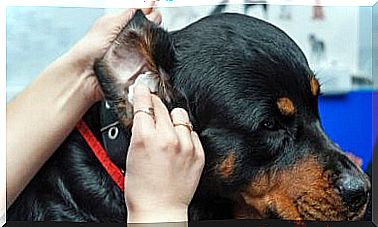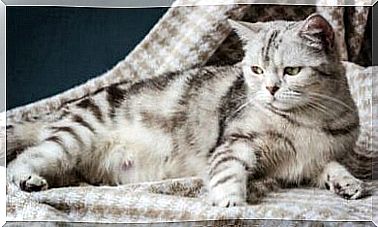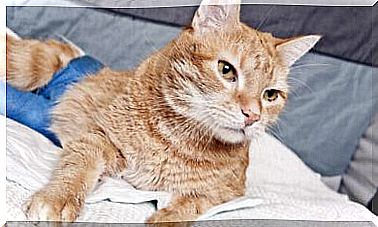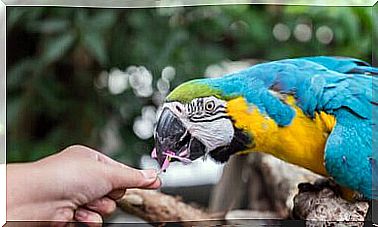Do Cats Have To Drink Milk?
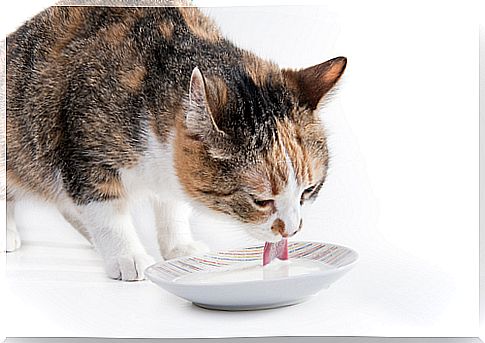
After cows, the animal most often associated with milk is perhaps the cat. Traditional images of a satisfied cat licking a bowl of milk are often misleading. There is a rumor that felines not only love milk, but that it is also an ideal food for their diet. But is this statement true?
Generally, cats should not drink milk. Once weaned, most of them are lactose (milk sugar) intolerant, as they are unable to produce adequate amounts of the lactase enzyme. This enzyme, abundant at birth, decreases with age, and is essential for properly digesting milk. Without this, the milk remains in the animal’s digestive system, and starts a fermentation process that causes some problems for the felines. The most common symptoms are bloating, flatulence and diarrhea.
Exceptions
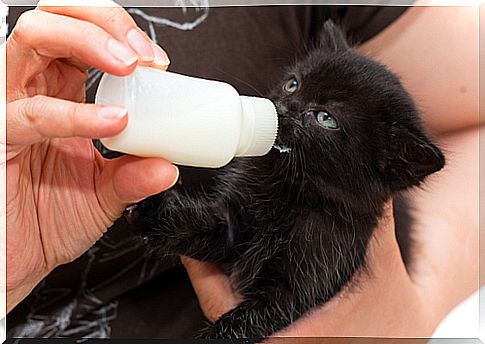
However, there are some exceptions. The kittens have to drink milk to survive. The weaning process begins around four weeks of age; first, milk is their only source of nourishment. The best milk is breast milk. If the kitten is an orphan you will have to give it specific milk based on its age. These products can be found at the vet.
Are all cats lactose intolerant? No, not everyone is lactose intolerant. The only real way to find out is to feed him too little milk to see if it causes diarrhea. Try giving your cat 1 or 2 tablespoons of milk and keep an eye on it for the next 12 hours. If no digestive problems occur, your cat can drink milk without any problems, but always occasionally. For them it is a delight. However, you should only give it in small quantities, as a treat. In moderation. Dairy products should not make up more than 10.5% of the cat’s regular diet. Cow’s milk is not an ideal source for basic cat nutrition, as it lacks many essential nutrients.
If you want to give him some milk, opt for the specific milk for cats without lactose, available in supermarkets or pet stores. There are various brands. These products properly care for your cat’s digestive system.
What about soy milk? People often wonder if soy milk is a viable alternative. Some considerations: soy milk contains added sugars to improve its flavor. So it is not ideal for your 4-legged friend.
Some cats are allergic to soy protein. Like cow’s milk, it can cause stomach problems or itchiness.
Soy products, when given in large quantities, contain isoflavones, phytoestrogens, and other chemicals that could alter the cat’s hormonal balance.
If your cat is on a balanced diet that provides all the nutrients they need, there is no need to feed them milk. It contains superfluous calories and therefore, if you do not pay attention to the quantities you give it, you run the risk of your cat becoming obese, as well as compromising his health.
Adult cats don’t need milk
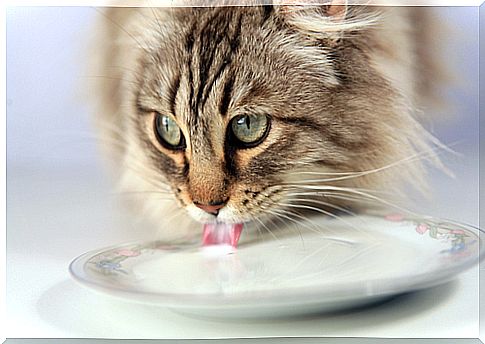
As cats become adults, they do not need milk, but water is essential, as it prevents numerous health problems. Felines need water to regulate their body temperature, digest food and eliminate waste substances. If you think your cat is not drinking enough, try to use a larger bowl or distribute several bowls of water around the house.
To conclude, kittens often exhibit a recurring behavior: sometimes when they drink milk they put their paws in the bowl and begin to move them as if they were “kneading” something. It is an action that arises from the association of milk with the memory of the maternal breastfeeding period. In fact, during this period, the felines lightly press the mother’s belly to stimulate the flow of milk.
